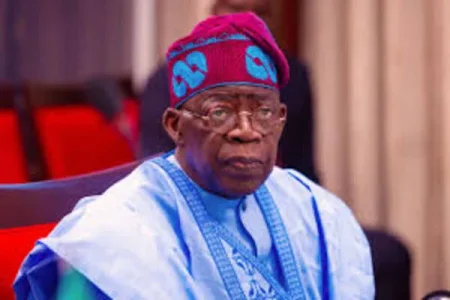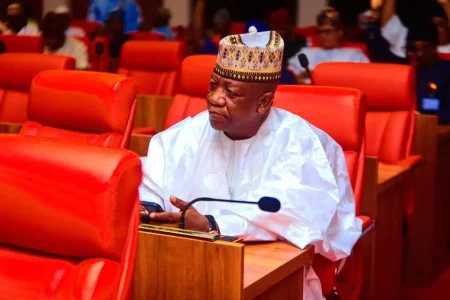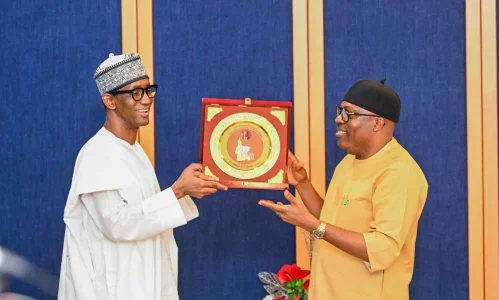
Federal Government maintains stance on petrol subsidy removal amid leaked ASAP report, projecting N5.4 trillion expenditure for 2024.
The Federal Government has made a resolute declaration, asserting that the era of petrol subsidy is definitively over. This stance emerged in response to the leaking of a draft report of the Accelerated Stabilization and Advancement Plan (ASAP), which was presented to President Tinubu by Finance Minister Wale Edun.
The ASAP, conceived to tackle critical issues hindering reform efforts and foster growth across diverse sectors of the economy, revealed startling figures regarding fuel subsidy expenditure for the year 2024. The leaked document indicated an estimated expenditure of N5.4 trillion on fuel subsidies, marking an increase of N1.8 trillion compared to the previous year.
Government officials underscored the urgency of addressing these burgeoning subsidy costs, emphasizing the need to redirect resources toward more sustainable development initiatives. Despite the leaked report causing speculation and uncertainty, authorities maintain that the government's commitment to subsidy removal is unwavering.
The leaked ASAP report has sparked widespread debate and concern among stakeholders, with citizens expressing apprehension over the potential economic ramifications. Many are questioning the feasibility of sustaining such substantial subsidy expenditures, particularly amidst other pressing fiscal challenges.
Industry experts have weighed in, offering varying perspectives on the implications of the leaked report. While some commend the government's efforts to address subsidy inefficiencies, others caution against abrupt policy shifts without adequate social safety nets in place.
Amidst the controversy, Finance Minister Wale Edun has sought to clarify the leaked report's context, stressing that it represents a preliminary assessment subject to further review and adjustment. He reiterated the government's commitment to transparency and accountability in fiscal management.
As the debate over fuel subsidy continues to unfold, Nigerians await further clarity and action from government authorities regarding the nation's energy policy and fiscal priorities.




